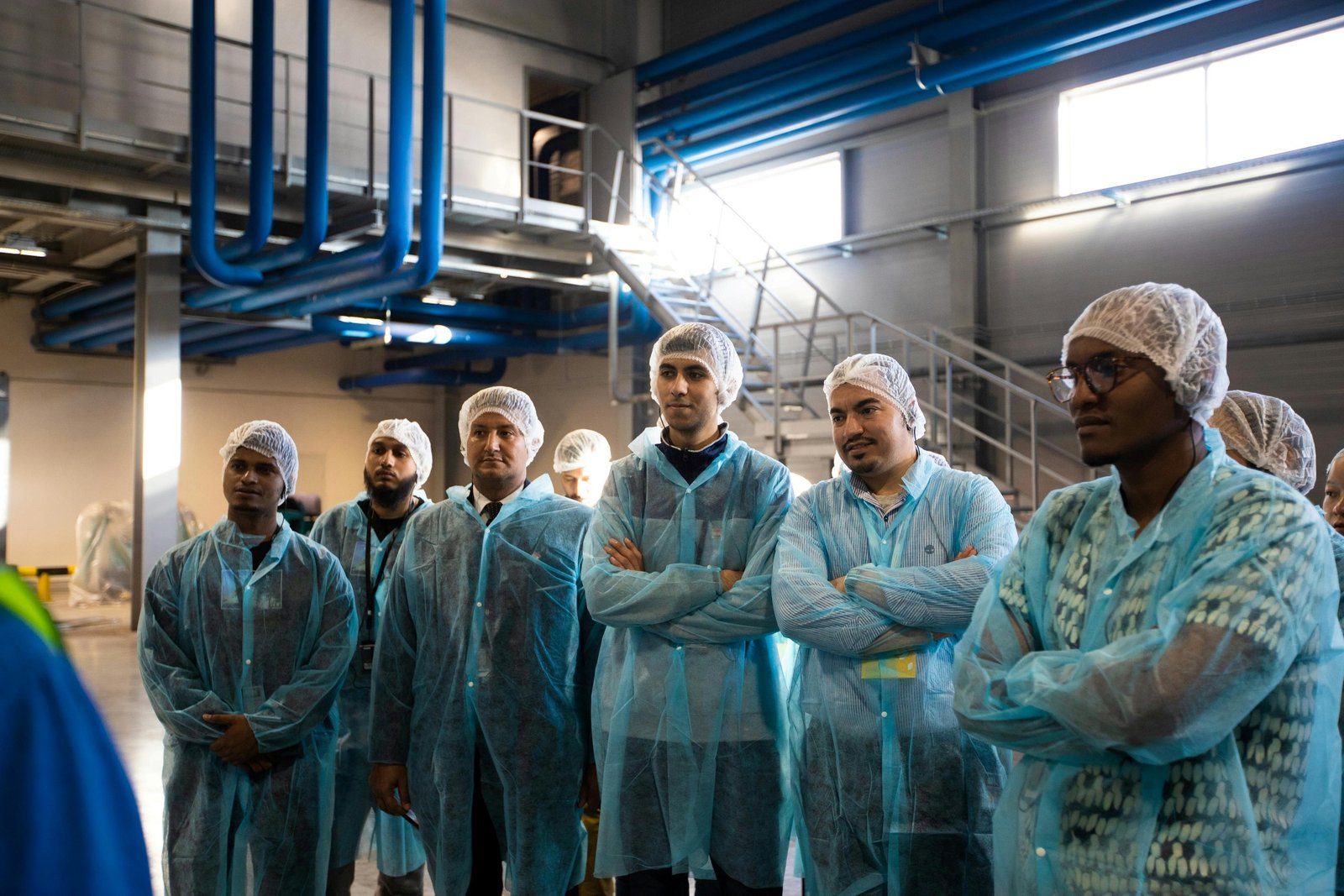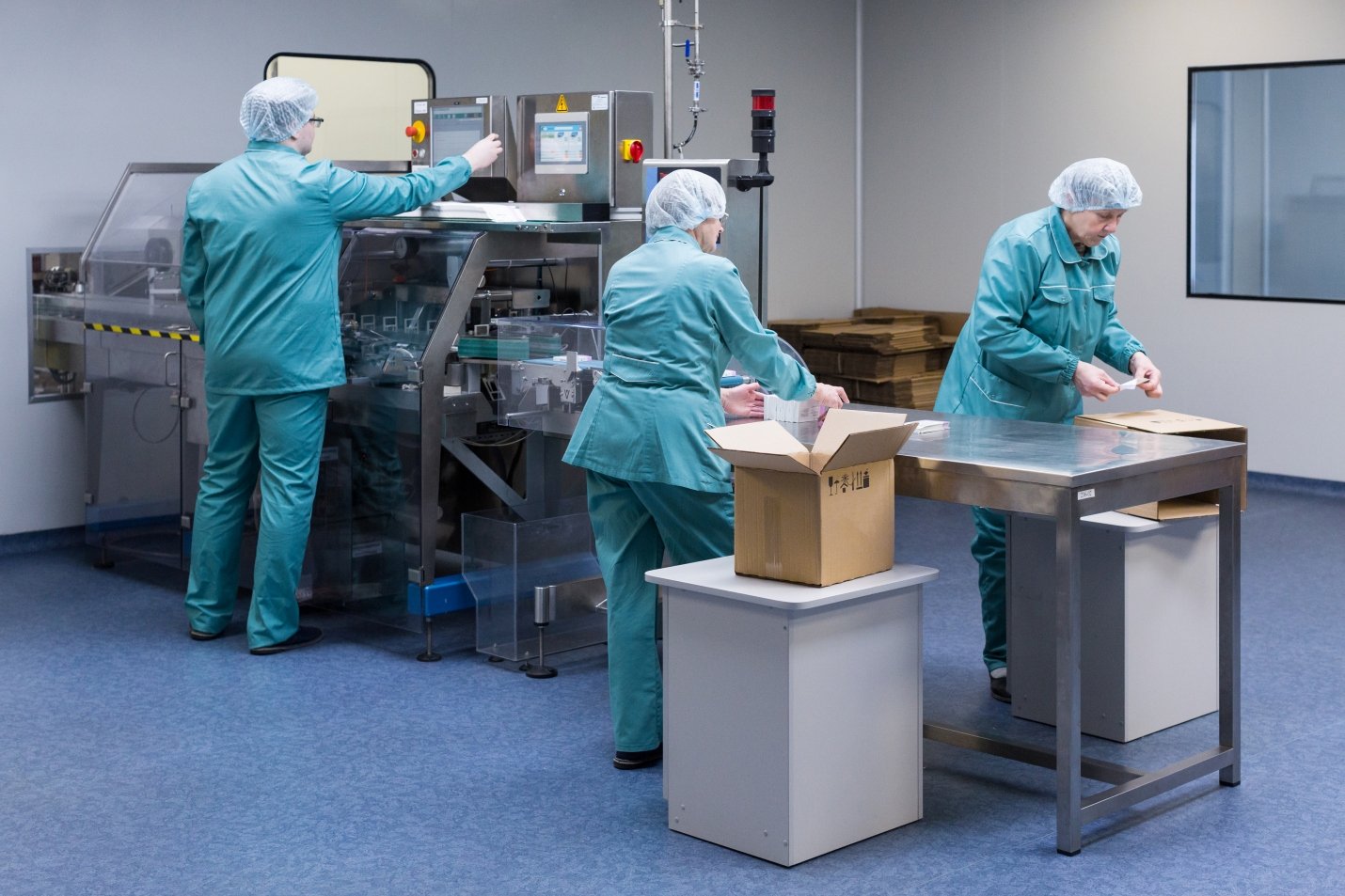How Often Should GMP Training Be Conducted for Factory Staff ?
One of the most common questions small and medium-sized food factories ask is:
“How often should GMP training be conducted for employees?”
The truth is, Good Manufacturing Practice (GMP) training is not a one-time event. To stay compliant and audit-ready, training must be conducted regularly and tailored to staff roles.
Below, we break down the frequency, best practices, and common mistakes in GMP staff training.

✅ Recommended Frequency of GMP Training
-
Initial Training
-
For all new hires before they start work on the production floor.
-
Covers basics: hygiene, cross-contamination, documentation, and safety.
-
-
Annual Refresher Training
-
Minimum once a year for all staff.
-
Reinforces key GMP principles and updates staff on any regulation changes.
-
-
Role-Specific Training
-
QA/QC staff: at least twice a year to stay sharp on audit and compliance requirements.
-
Production operators: refreshers every 6–12 months focusing on CCPs and hygiene.
-
Supervisors/managers: refresher courses on GMP monitoring and leadership in food safety.
-
-
Whenever Changes Occur
-
New equipment installation.
-
Changes in SOPs or production flow.
-
Introduction of new product lines.
-
-
Post-Audit or Non-Compliance
-
If an internal/external audit identifies weaknesses.
-
Conduct targeted training sessions for affected staff.
-
📊 Key Topics to Cover in GMP Training
-
Personal hygiene and handwashing protocols.
-
Correct use of PPE (gloves, masks, hairnets).
-
Proper cleaning and sanitation practices.
-
Cross-contamination prevention.
-
Documentation accuracy and record-keeping.
-
Handling of raw materials and packaging.
-
CCP monitoring and reporting procedures.
-
Emergency response and corrective actions.
⚠️ Common Mistakes Factories Make with GMP Training
-
Treating training as a “tick-box” activity just for audits.
-
Not keeping attendance records or training logs.
-
Using the same outdated training material every year.
-
Forgetting to include contract workers and part-time staff.
-
Not verifying staff understanding through assessments or on-the-job observation.
✅ Best Practices to Prove Training Effectiveness
-
Maintain signed attendance sheets and training certificates.
-
Conduct short quizzes or tests to confirm staff comprehension.
-
Perform on-site observations to see if training is applied.
-
Link training outcomes to reduced errors or fewer non-conformities.
-
Use digital systems to track refresher training schedules.

Final Takeaway
👉 GMP training should be conducted at least once a year, but in reality, it needs to be ongoing, role-specific, and responsive to changes in your factory.
Remember: Well-trained employees are your strongest defense against non-compliance, audit findings, and product recalls.


